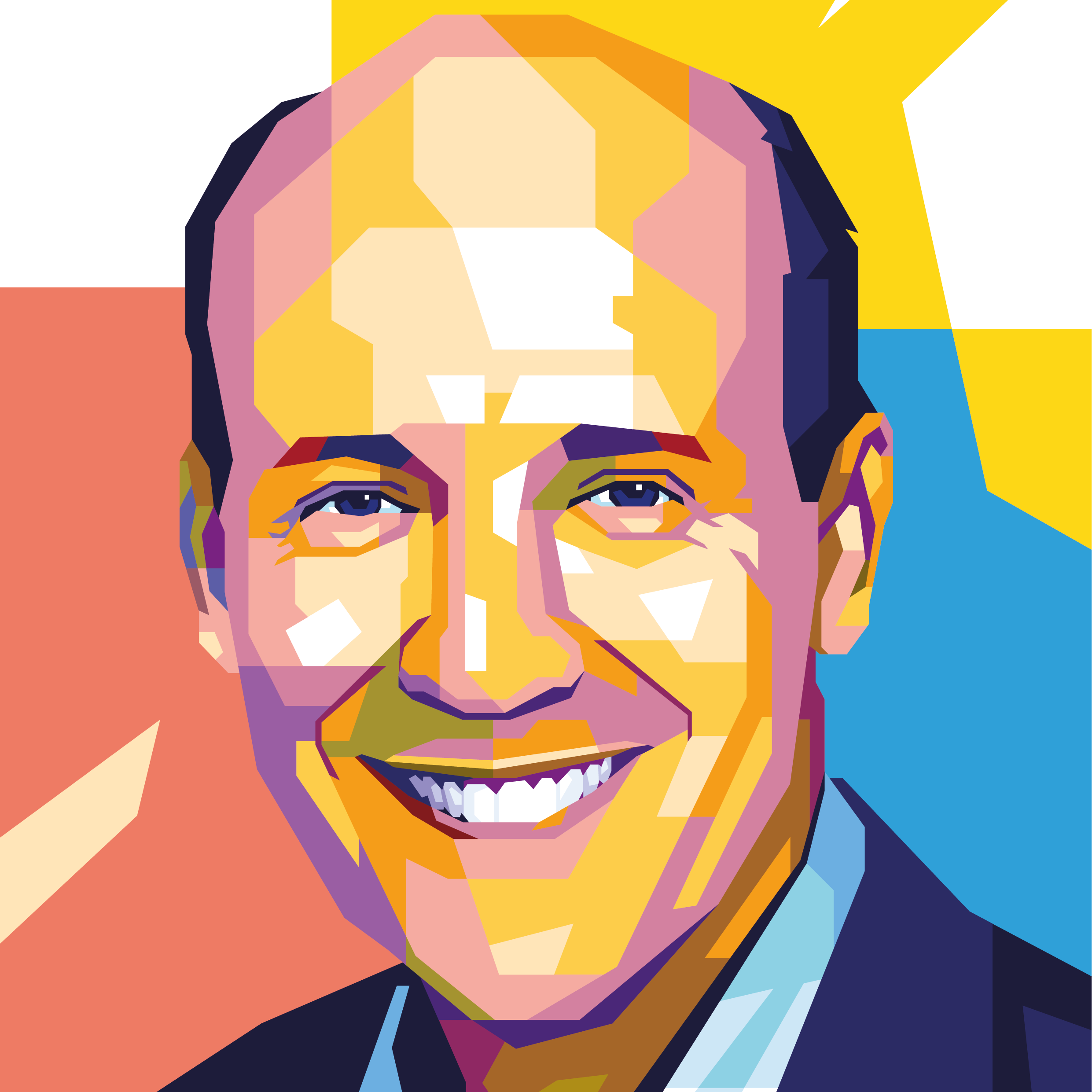Every career has a life cycle with distinct stages, each with its benchmarks and challenges.
Financial advice's complexity and fast-changing nature present advisors with a uniquely demanding career path. Here are some guidelines on how to navigate this rigorous but rewarding journey.
Stage One: Gaining Traction
Gaining experience – and clients – is fundamental. The challenge is the best way to do both. Learning as much as possible about the industry is clearly the starting point.
 “Slurp up as much knowledge as possible,” counsels Jonathan Bergman, president of the New York-based wealth management firm TAG Associates. “Read annual reports, analysts’ reports, the Wall Street Journal and Barron’s cover to cover. Listen carefully to senior advisors and clients. Ask questions.”
“Slurp up as much knowledge as possible,” counsels Jonathan Bergman, president of the New York-based wealth management firm TAG Associates. “Read annual reports, analysts’ reports, the Wall Street Journal and Barron’s cover to cover. Listen carefully to senior advisors and clients. Ask questions.”
Ensure you’re working for a firm that will help you, not just employ you.
“Use the firm as a resource,” says industry consultant Phillip Palaveev and CEO of The Ensemble Practice. “You are building your career and this stage is the foundation. Find a firm that offers coaching, mentoring and many opportunities. At this stage, don’t look for the highest level of compensation. Look for a firm that will give you the highest level of experience.”
Building a client base is trickier, and industry opinion is divided on the best route to take. One school of thought advocates casting a wide net, while the other counsels more prudence and selectivity.
“It’s a land grab in the beginning,” says Mark Tibergien, the former CEO of Pershing Advisor Services. “There’s a degree of desperation that’s required at this stage, and it’s OK to recognize that. Focus on whoever will do business with you.”
Colin Higgins, CEO of the San Francisco-based wealth management firm Summitry, agrees. “Do everything you can to get out of your comfort zone,” Higgins says. “Make cold calls. Have difficult conversations now— they’ll be easier later in your career. Don’t be afraid to fail.”
But initially targeting friends, family and generational peers is also a time-tested launching pad, notes industry consultant Mike Byrnes. “Strangers aren’t going to trust you at this stage,” Byrnes says, “Lean on people who already have that trust.”
Either way, young advisors shouldn’t be afraid of sales, says consultant J.D. Bruce, the former president of Abacus Wealth Partners.
“Many firms will say there are no business development requirements for associates,” Bruce says. “But bringing in business is the lifeblood of the industry. You don’t have to make cold calls, but you do have to be able to talk to people and be helpful in the community and trustworthy. The sooner you learn not to be afraid of sales, the better. If you can service, you can sell.”
Stage Two: Hitting Your Stride
Mid-career is all about TCB – taking care of business.
Now is the time to build out and solidify your client base. Ask your existing clients for referrals. Use state-of-the-art marketing. Build your brand. Get involved in the community.
For growth, consider buying a book of business, a solo practice, or a local firm with a similar client profile and philosophy if your firm is big enough. Use resources from custodians and platform providers, including referral services and marketing. Take advantage of testimonials, which are now allowed by the SEC.
Start to specialize. “You want to be the clear and obvious choice in a particular niche,” says Palaveev. “Pick an area you know and like and become an expert.” Leverage your self-knowledge, Bergman adds: “By this point, you should know what you like and what you don’t like. What roles do you like to play? What clients do you work with best? Just be honest with yourself and don’t pretend there’s a match where there isn’t.”
 Go after equity. You’ve earned the right to get a piece of the action and now is the time to secure it. “Becoming an equity partner should absolutely be a priority,” says Brad Kowalczyk, principal at Ascent Wealth Partners. “If you’re not on an equity track, there’s either a problem with the owners or a problem with you.”
Go after equity. You’ve earned the right to get a piece of the action and now is the time to secure it. “Becoming an equity partner should absolutely be a priority,” says Brad Kowalczyk, principal at Ascent Wealth Partners. “If you’re not on an equity track, there’s either a problem with the owners or a problem with you.”
Get out there, digitally and physically. “Use videos on social media,” Byrnes says. “It’s a good way to broaden your reach. Prospects feel like you’re meeting them personally.”
Don’t be afraid to use a variety of social media. Younger prospects will be on TikTok, Instagram and YouTube and use these sites as a search engine. Look at the most viewed financial topics on those platforms to see what younger people are interested in. Avoid jargon when reaching out.
Millennials, Gen Xers and Boomers use LinkedIn. You can identify prospects by profession and determine if they are the right fit for you. And let them know as succinctly as possible what you can do for them.
If you’re comfortable where you are at this stage, settle down.
“Avoid hopping from firm to firm chasing a higher income,” counsels Higgins. “Adding value to the depth and quality of your relationships with your existing clients is more important and will be more beneficial in the long run.”
Consider going into management, but make sure you want to do it full-time.
“Taking on management roles is a great step if you want to be part of management,” Bruce says, “but it is a giant waste of time if you don’t want to do it full time. Advisors tend to get bored by mid-career. I advise them to pick up a hobby outside the business. Taking up a hobby inside the business will result in fewer clients.”
Stage Three: Winding Down
Above all, be realistic.
“Age and health are the great variables, and things can change very quickly,” says Tibergien, who had a ‘reverse-mentor’ relationship with a millennial Pershing employee when he was in the final stage of his career. “It’s not easy, but the sooner you acknowledge your mortality and begin to transition responsibilities to younger executives, the better.”
Transitioning to the next generation is imperative at this stage, but Bruce is convinced advisors in leadership roles must step back earlier than most would like. Leadership is ideally for people between 35 and 55, Bruce believes. He argues that partners should relinquish leadership roles five to ten years before executing a succession plan.
Aging advisors should focus on sharing wisdom and mentoring, Bruce maintains. “Let go, stop leading and start mentoring,” he tells his clients. “Don’t be afraid to give NextGen team members their titles when they’re ready.”
Along those lines, “Don’t underestimate your younger colleagues,” Tibergien adds.
While securing equity is an important mid-career move, advisors who have become partners should prioritize distributing shares internally.
As partners look to the future, broad internal ownership helps ensure the firm’s “long-term health,” according to Sean Stannard-Stockton, president of Ensemble Capital Management in San Francisco.
“The most valuable elements of an organization are its people,” Stannard-Stockton says. “We want to offer employees an opportunity to buy in and have skin in the game. Ownership reinforces having everyone pulling the oars in the same direction.”
Ensemble employees can begin to purchase equity after three years of employment up to two times their base salary, with a minimum of $50,000. Valuation is based on a multiple of cash flow and Ensemble provides 50% of the financing with a 10-year, low-interest, promissory seller's note. Employees finance the other half either through personal assets or borrowing from other sources.
Succession planning may also involve selling shares to external buyers, either as minority or majority stakeholders. In that case, partners should start due diligence as soon as possible.
If outside firms have already made inquiries as potential buyers, find out as much as you can about them. Review their SEC Form ADV. Talk to their advisors and clients. If you’re considering putting your firm up for sale, get your house in order. Ensure your technology is current and prune clients who are more trouble than they’re worth. Review advisor and staff productivity and freshen your website. Then go out and find a good investment banker who can find you the best deal terms possible with a buyer offering the best cultural fit.
Finally, don’t tarnish your legacy.
“Your number one goal should be making sure your clients are in good hands when you’re not around,” says Bergman. “Don’t sell out your clients or colleagues for a higher price to enrich yourself.”
Providing generational planning and adding value to cement clients’ loyalty will strengthen the business, says Kowalczyk. A successful firm doesn’t need to compromise its reputation to get more money from the highest bidder. “The way drugs can be an occupational hazard for a pharmacist,” he says, “money can be the same for a financial advisor.”
This blog is sponsored by AdvisorEngine Inc. The information, data and opinions in this commentary are as of the publication date, unless otherwise noted, and subject to change. This material is provided for informational purposes only and should not be considered a recommendation to use AdvisorEngine or deemed to be a specific offer to sell or provide, or a specific invitation to apply for, any financial product, instrument or service that may be mentioned. Information does not constitute a recommendation of any investment strategy, is not intended as investment advice and does not take into account all the circumstances of each investor. Opinions and forecasts discussed are those of the author, do not necessarily reflect the views of AdvisorEngine and are subject to change without notice. AdvisorEngine makes no representations as to the accuracy, completeness and validity of any statements made and will not be liable for any errors, omissions or representations. As a technology company, AdvisorEngine provides access to award-winning tools and will be compensated for providing such access. AdvisorEngine does not provide broker-dealer, custodian, investment advice or related investment services.





.png)



